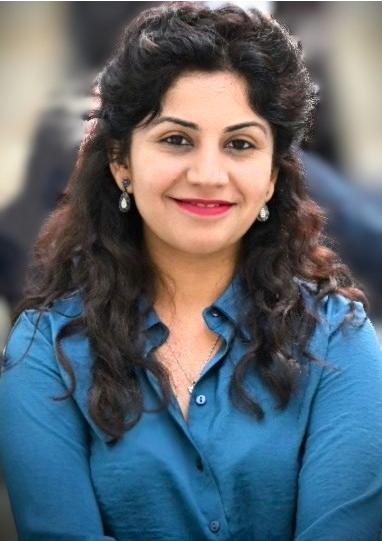MEDNIGHT TRAINING 2024
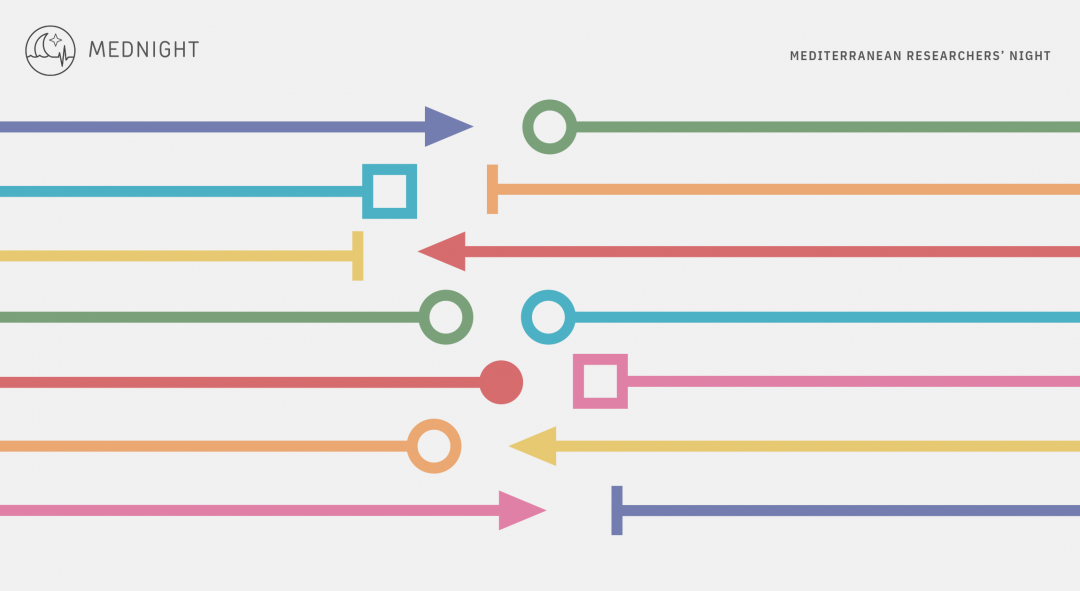
TRAINING – for Researchers participating in MEDNIGHT
September 10th // 9h30 – 14h CET – The Workshop will be held online. (The link will be sent by email to attendees, who will also receive a certificate of participation after the workshop.)
9h30 – Registrations and welcome by Marina Trimarchi, Mednight Coordinator
9h45 – Jesús Puerta Pelayo (Spain) – CIEMAT (Research Center for Energy, Environment and Technology)
HOW-treach? A quick guide for science outreach beginners
This talk is designed for young researchers who are eager to share their scientific knowledge but may not have experience in outreach. We will focus on defining science outreach, which sometimes has blurry boundaries with science communication and education. We will also discuss the importance of outreach and its fundamental role in bridging the gap between the scientific community and the public. The talk will guide attendees in identifying their target audience, whether it be students, educators, policymakers, or the general public, and emphasize the importance of tailoring messages to resonate with each group. Finally, we will provide fundamental tips and techniques for delivering information effectively and successfully.
Jesús is a Doctor of Experimental Particle Physics from the Autonomous University of Madrid and a researcher at the CIEMAT Particle Physics Unit in Madrid. Since 2000, he has been a member of the CMS (Compact Muon Solenoid) experimental collaboration at CERN’s LHC (Large Hadron Collider). Alongside his scientific work, Jesús is an expert in communication, outreach, and scientific training. He heads the CIEMAT Scientific Outreach department and serves as Spain’s representative in the International Particle Physics Outreach Group (IPPOG). He is also the coordinator of the Spanish National Network for Particle Physics Outreach. Jesús has founded and promoted numerous outreach and educational activities at both local and national levels and regularly collaborates with the National Center for Particle Physics (CPAN).
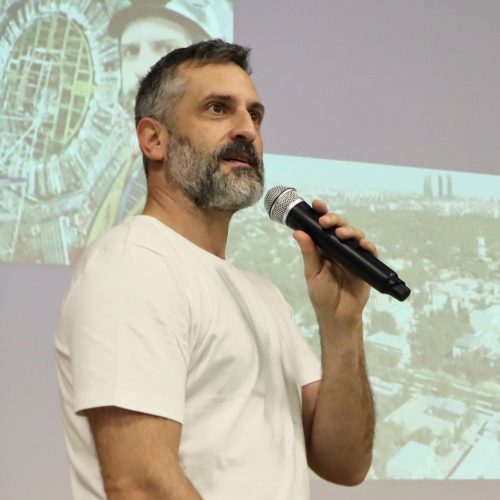
10h45 – Georgia Loukaidou (Greece) – SciCo (Science Communication)
Strategies for Effective Science Communication with Children
This training workshop aims to equip researchers and communicators with practical tools and strategies for effectively communicating scientific concepts to young children. Participants will explore age-appropriate methods to spark curiosity, foster understanding, and encourage a love for science in early learners. Through this interactive session, attendees will learn how to simplify complex topics, utilize storytelling, and incorporate hands-on activities to make science accessible and enjoyable. By the end of the workshop, participants will be better prepared to inspire the next generation of scientists and critical thinkers.
Georgia is a STEM educator and a project manager, belonging to the SciCo team for the past 3 years. Her major studies as a graduate student was physics and her love for astronomy and astrophysics led her to continue her path in research by completing her PhD from the University of Athens. Along the way, she was an active member of the several public outreach teams at the National Observatory of Athens and the University of Athens, communicating issues of astronomy and science in all age ranges. At the same time, she participated in countless events and outreach activities of science, in order to bring the general public closer to research.
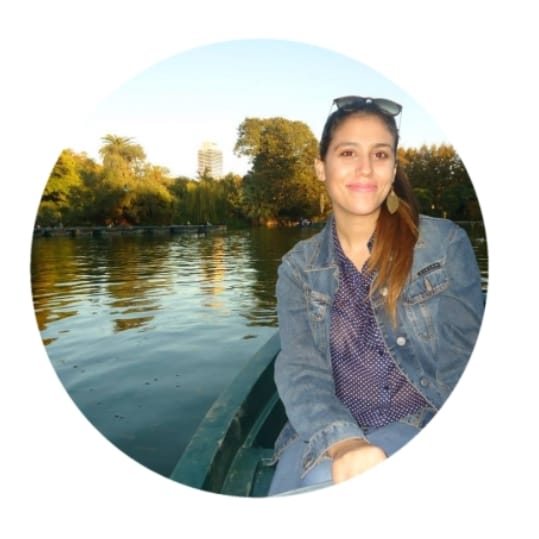
11h45 Anastasios Patrikakos (Greece) – ATHENA RC (Athena Research Center in Information, Communication and Knowledge Technologies)
Is there a science theme too difficult to communicate?
Many researchers feel intimidated or frustrated when they first attempt to communicate their cutting-edge research results of the significance of their not so well-known field. They feel that very few people understand what they present or that their research topic is not attractive. We will discuss what are the reasons behind this situation, what are some ways to overcome the obstacles and why challenging topics offer the best opportunities to create top-level science communication content, especially using gamification and social techniques.
Tasos is the Communications Manager at the Athena Research Center. He has a Master’s Degree in Computational Linguistics & Cognitive Science and has worked for more than 20 years in informatics projects related to Machine Translation, Linguistics Resources and Corpora, Language Models and Language Learning. Tasos is also heavily involved in Research & Innovation policy making support, especially in relation to Large Research Infrastructures. In this respect, he is the Communications Officer of the ESFRI expert group of the European Commission since 2015 and has organized relevant engagement events all over Europe. He has been participating in and organizing Science Communication events and activities for young audiences since 1998, including Researchers Night for the past 10 years. His aspiration and vision is to engage as many researchers as possible in Science Communication activities by nurturing their own key outreach abilities and their own passion for what they are doing.
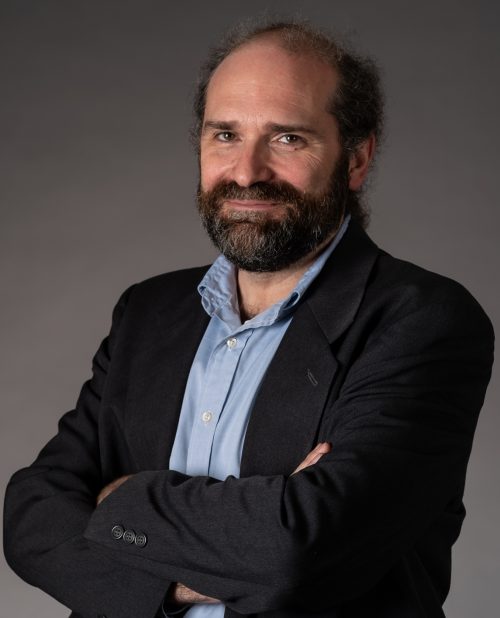
12h45 – Pooja Khurana (India) – MCAA (Marie Curie Alumni Association)
Engaging Our Youth: Bridging Academia and Schools through Citizen Science
Citizen science (CS) is a collaborative process where the public actively contributes to scientific research, working alongside professional scientists. This approach leverages the collective power of volunteers to gather data, conduct experiments, and share insights, significantly expanding the scope and scale of scientific investigations. Examples of citizen science include monitoring local wildlife populations, tracking climate change impacts, and mapping urban pollution levels. In educational settings, CS projects have been successfully integrated into school curricula, such as measuring air quality, recording bird migrations, and analysing local water samples, enabling students to engage in real-world scientific endeavours. These initiatives not only enhance scientific literacy but also foster community involvement and environmental stewardship. This training session will explore these examples and discuss ways to integrate CS into schools, focusing on attributes that make projects scientifically impactful, engaging, and enjoyable.
Pooja is the Community Manager of the Marie Curie Alumni Association (MCAA), leading career development programmes. She is also the Project Officer for the European Citizen Science Project and serves on the MCAA Editorial Board. With over 15 years of experience in science communication and a background in reproductive biology, Pooja served as an advisor to The Pad Project, where she harnessed community and citizen science to drive awareness and advocacy for menstrual equity, engaging her team at every step. Pooja’s mission is to integrate scientific expertise with citizen engagement to enhance societal development, well-being and empowerment.
